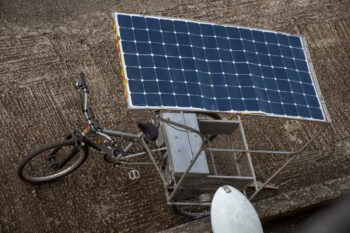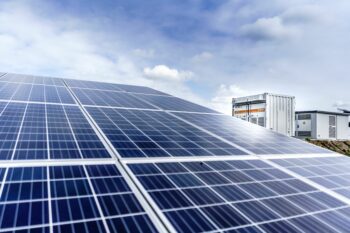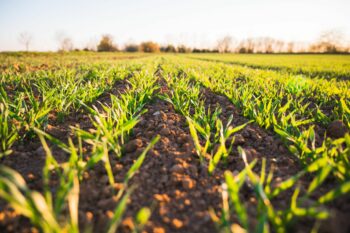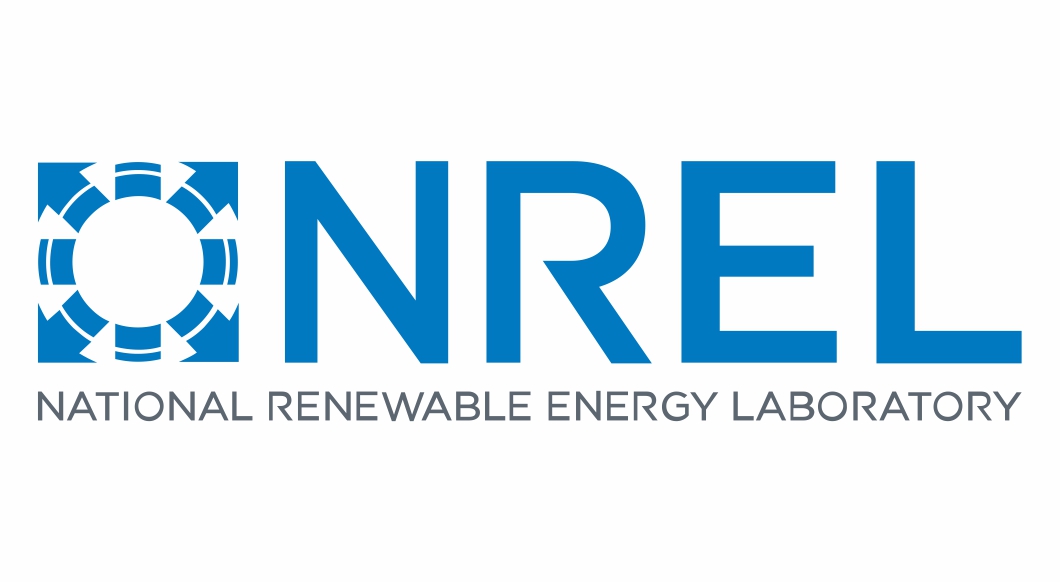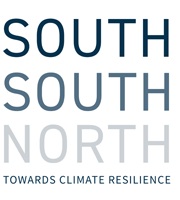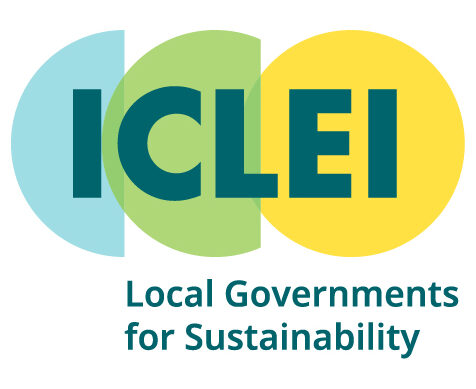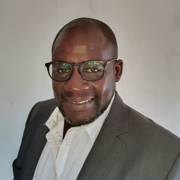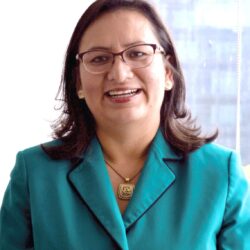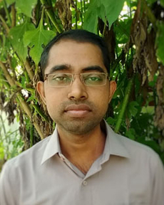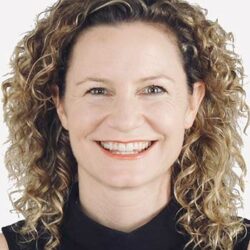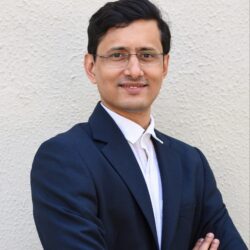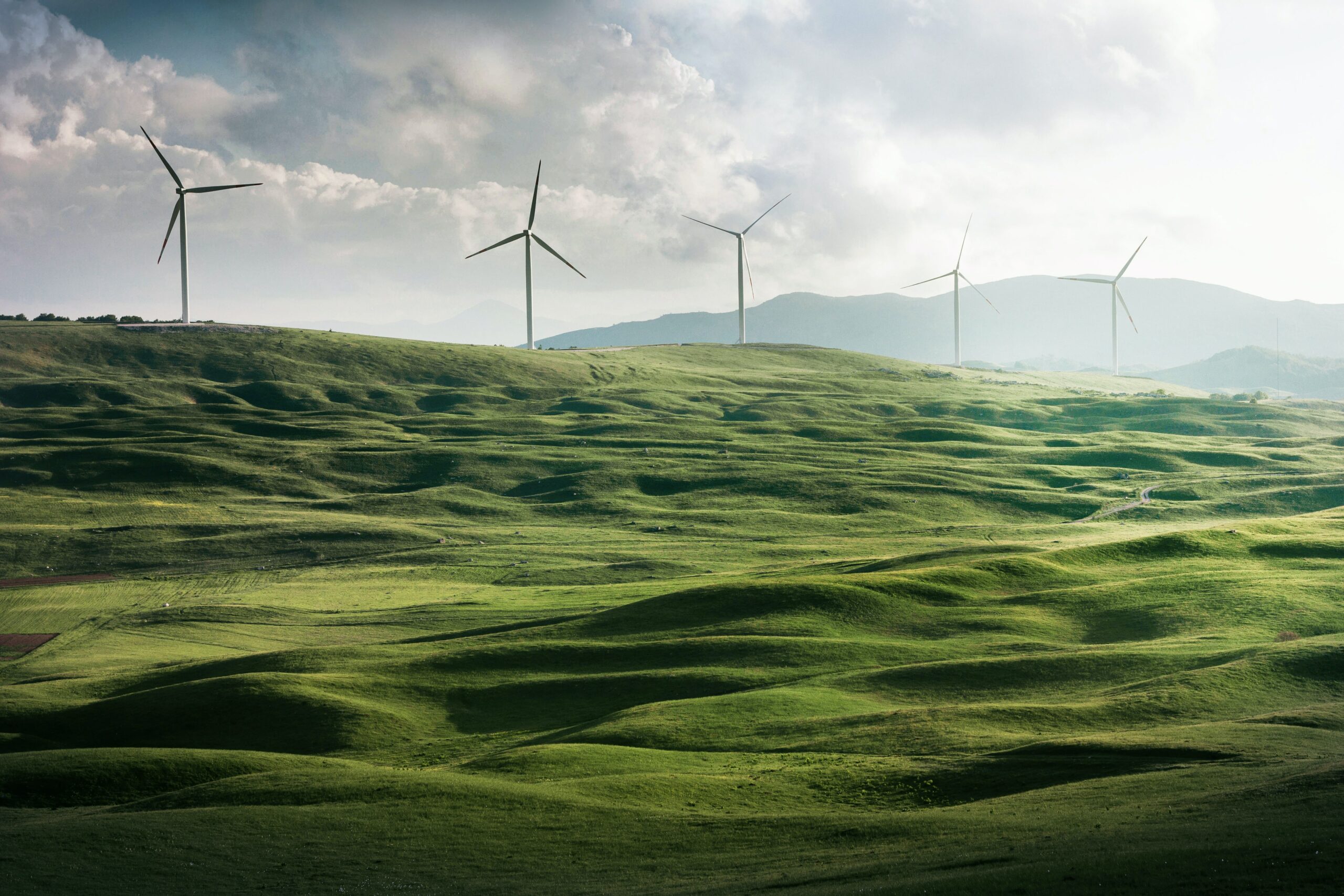
Working Groups
Energy Working Group
Contributing more than 70% of global greenhouse gas emissions, the energy sector plays a dominant role in causing climate change. It is also instrumental for creating climate-compatible societies and thus a crucial focus of the design of low emission development strategies. Providing reliable, affordable, and clean energy for all is a universally agreed UN Sustainable Development Goal (SDG-7). Achieving it will be essential for many other social, economic, and environmental objectives.
The Energy Working Group supports the deployment of innovative and climate-compatible development strategies in the energy sector. Launched in 2011, the Energy Working Group is GCAP’s longest standing work stream, bringing together over 1100 practitioners from national governments, multilateral institutions, non-governmental organizations, and the private sector. The Energy Working Group assists countries around the world through advisory services and technical support, as well as peer-to-peer learning, knowledge sharing and other capacity-building initiatives. A key focus of our work is the advancement of Communities of Practice that bridge our activities from in-country technical assistance to group learnings to broad dissemination of knowledge products. Our services are offered free-of-charge to practitioners.
Priority Areas
How We Work
On the global scale, our activities involve hosting webinars, disseminating relevant tools, providing targeted trainings, and drafting written knowledge products for all members of the Energy Working Group.
On the regional scale we work through three Communities of Practice: Mini-Grids, Grid-Integrated Renewable Energy, and Bioenergy. The regional Communities of Practice organize closed meetings and public webinars; develop policy guides and best-practice case studies; provide direct technical assistance to individual members; and organize country exchanges so that our members can learn from each other.
Communities of Practice
Communities of Practice are spaces for members interested in a specific topic to regularly learn from peers, exchange knowledge, connect with others, pilot ideas, co-design solutions, and receive technical assistance. Communities of Practice are demand driven and evolve dynamically to meet their members’ needs.
Mini-Grids
Coordinated by our Africa LEDS Partnership and focuses on:
Building an enabling environment for mini-grid deployment in African Countries through peer-to-peer learning for state and non-state actors.
Grid-Integrated Renewable Energy
Coordinated by our Asia LEDS Partnership and focuses on:
Net-Zero pathway planning, distributed energy resources and battery energy storage systems, and innovative financing for renewable energy deployment.
Bioenergy
Coordinated by our Latin America and the Caribbean (LAC) LEDS Partnership and focuses on:
Integrating bioenergy in national energy and climate policies and linking bioenergy projects with financing through capacity building, peer-to-peer learning, and technical assistance.
/
How to Get Involved?
Join the Energy Working Group and select Communities of Practice through the GCAP registration form linked below. As you complete the GCAP registration form, indicate which Working Groups and Communities of Practice you would like to join. By becoming a GCAP member, you will receive regular updates on events, activities, and opportunities related to GCAP and your Communities of Practice.
Contact secretariat@globalclimateactionpartnership.org with questions.
Coordinating Bodies
The Energy Working Group is guided by a team of international experts from the U.S. Department of Energy’s National Renewable Energy Laboratory (NREL), with collaborative support from the regional platforms (Libélula, SouthSouthNorth, ICLEI), Community of Practice coordinators, and others.

